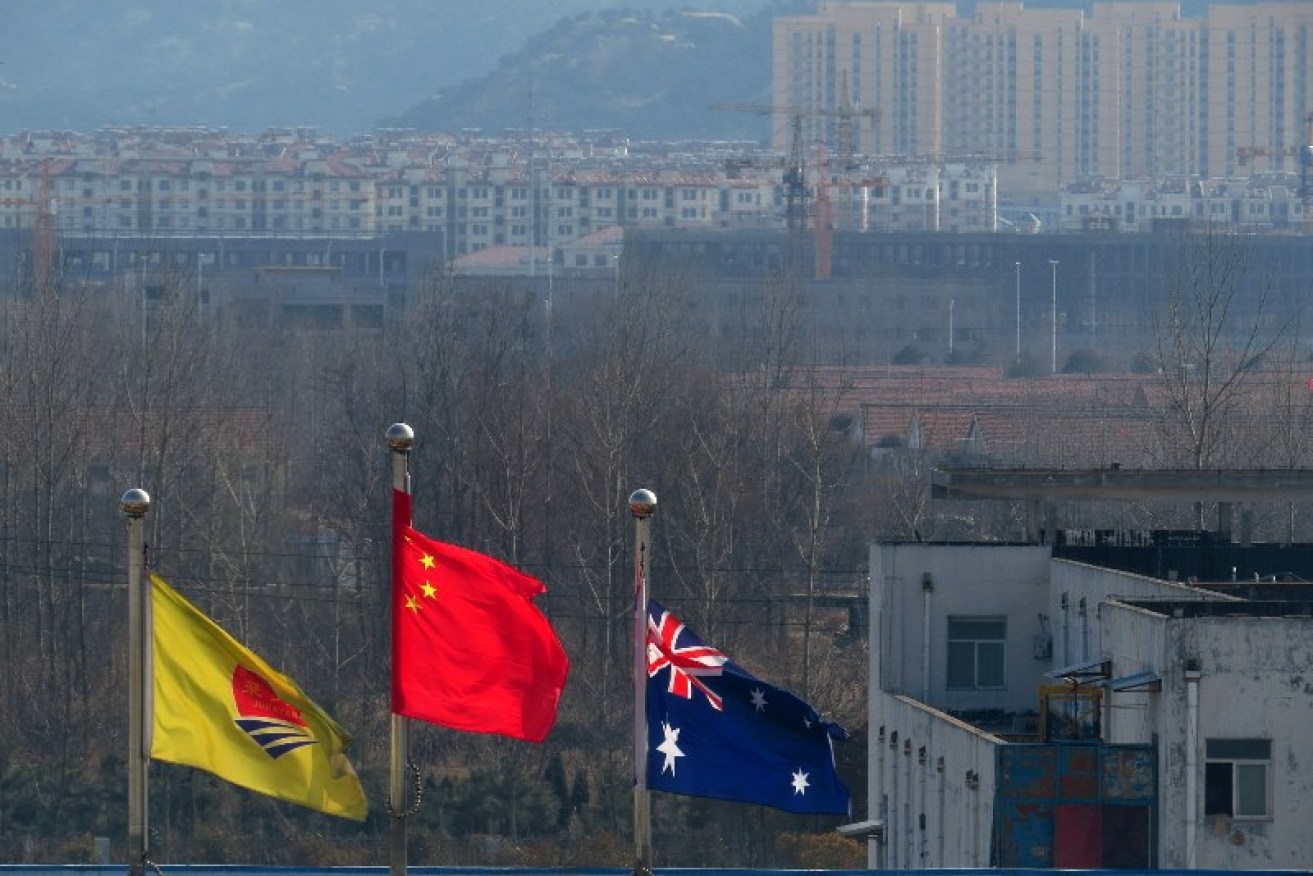
Flinders University is exploring international research opportunities in clean technology and marine bioproducts, following a recent group mission to China’s Shandong Province.
The 17-member delegation – including experts in the fields of marine science, clean technology, nanotechnology and cancer pharmacology – flew to China last month to meet with key research and commercial organisations in Qingdao and Yantai with a view to participate in China’s development of a “blue economy” (the sustainable development of marine resources, including algae and sponges, as well as aquaculture and fisheries, for economic gain).
During the week-long mission, the contingent engaged in back-to-back scientific forums with two institutes of the Chinese Academy of Sciences; the Qingdao Oceanology Institute and the Yantai Institute of Coastal Zone Research, and attended various meetings with key industry and local government groups, such as the Gather Great Ocean Group – China’s largest private seaweed processor.
A formal agreement for cooperation was signed with the Key Laboratory for Coastal Biology and Bioresource Utilisation, based in the Yantai Institute for Coastal Zone Research at the Chinese Academy of Sciences. A Memorandum of Understanding with the Qingdao city government was also signed, to establish an Australia-China Centre for Marine Biotechnology Transfer and Incubation.
Flinders University Deputy Vice-Chancellor (Research) Professor David Day, who led the mission with Professor Wei Zhang, Director of the Flinders Centre for Marine Bioproducts Development, said China is particularly interested in harnessing Flinders expertise in clean technology and marine biotechnology for applications in the pharmaceutical and water industries, as well as undertaking joint research projects in marine biodiversity and aquaculture.
“For example, they were very impressed to learn about anti-fouling technologies developed by Flinders Professor Amanda Ellis to enhance the desalination process by preventing biofouling of ion exchange membranes,” he said.
“Professor Colin Raston’s work to create more sustainable manufacturing methods, facilitated by a new $1.1 million clean technology laboratory at Flinders, is also something China is keen to utilise in the development of high-value medicinal compounds.
“In addition, there is a real opportunity to work collaborative through the Flinders Centre for Marine Bioproducts Development to create a blue economy research and development platform that explores the sustainable exploitation of marine resources.”
The mission builds on Flinders existing partnership with the Gather Great Ocean Group (GGOG). Flinders and the GGOG opened a joint research laboratory in March 2013 that focuses on developing sustainable technologies to convert beach-cast seaweed in South Australia into a range of high-value products, including functional foods, medical compounds and agricultural chemicals.
The mission was funded through the Federal Government’s Australia-China Science and Research Fund and supported by the South Australian Government, with researchers from the South Australian Research and Development Institute also part of the delegation.





